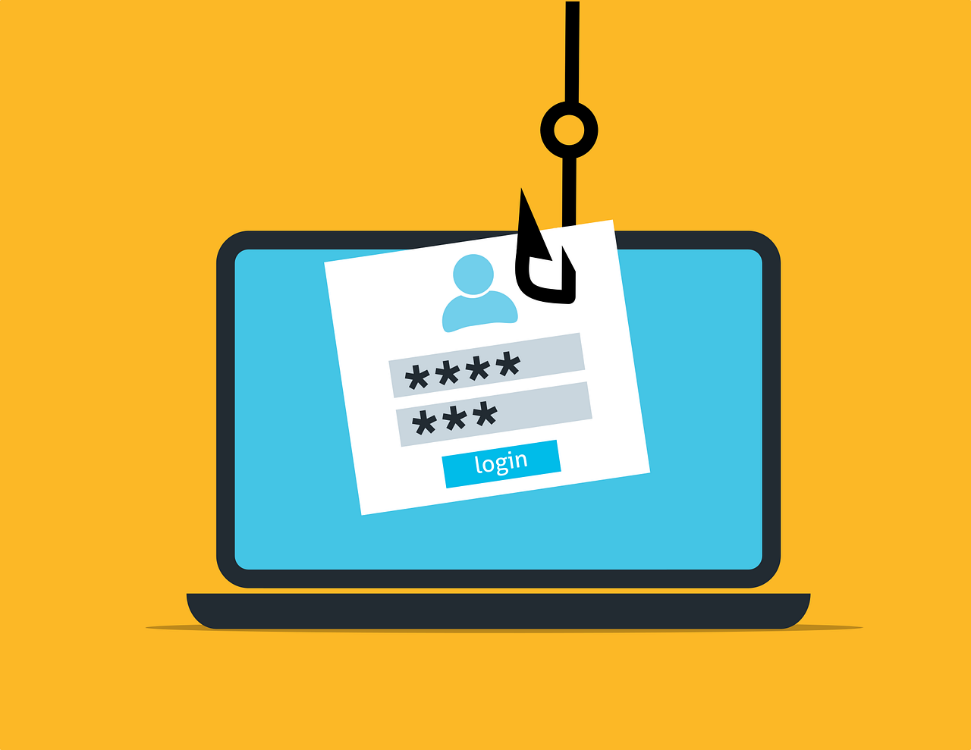Everything Healthcare Organizations Must Know About Ransomware
In 2021, the cost of data breaches in healthcare rose by 29.5%, according to an IBM report. The healthcare sector is more at risk of cyberattacks and security breaches, putting protected patient data in harm’s way.
The ransomware attacks on healthcare organizations have raised the alarm. Thus, care centers need to be more vigilant of these security risks. This guide covers the basics of ransomware.
About Ransomware
Ransomware infects the computer system of an organization through a virus. The attackers trick users into downloading or clicking a link via a phishing email. After that, the criminals impersonate a trustworthy entities such as service providers or well-known businesses.
Once the user clicks the link, the ransomware penetrates the hard drive and locks the files. A screen appears with a threatening message stating that files will be destroyed unless the business pays a ransom.
A study notes that a third of hospitals and other healthcare organizations were subject to ransomware attacks in 2020. Cybercriminals successfully encrypted the data of 65% of those organizations.
Why Does Healthcare Sector Be Wary of Ransomware?
Any organization can be at risk of these attacks. However, healthcare organizations are typically more vulnerable owing to the nature of the information they hold.
Valuable Patient Data
Hackers target healthcare organizations so they can access protected health information (PHI) and financial data. The care centers must protect PHI under HIPAA regulations. Similarly, the credit card account of a patient or staff is equally valuable to hackers.
These attackers can use this information to threaten healthcare organizations into paying large sums of money or use the data for other illicit activities.
Hefty Sums of Money
The healthcare ransomware payout increased to 82% in the first half of 2021. Since healthcare organizations work with multidisciplinary systems, it takes time to uncover an attack and shut down the source.
Hackers are getting smarter. They know these organizations are under pressure to keep the system safe and running because patients’ lives are at stake. Thus, they have to pay high prices in case of an attack.
How To Prevent Ransomware Attacks in Healthcare?
Every healthcare organization should prioritize system protection. The following steps can prevent cybersecurity threats:
- Pick secure vendors and software providers for the organization. Protect healthcare payment system with EMV, PCI-validated point-to-pointand tokenization. Also, assure that your vendor is HIPAA compliant.
- Use robust cybersecurity software such as email filtering, firewalls, anti-virus and anti-malware to prevent potential attacks at entry points.
- Consider a cloud backupand storage system to store and maintain protected data.

Partner with IT compliance services in Nashville for your healthcare cybersecurity needs. At SunRiver IT, we offer cloud and cybersecurity services to healthcare organizations based on HIPAA compliance regulations. Schedule a consultation today!